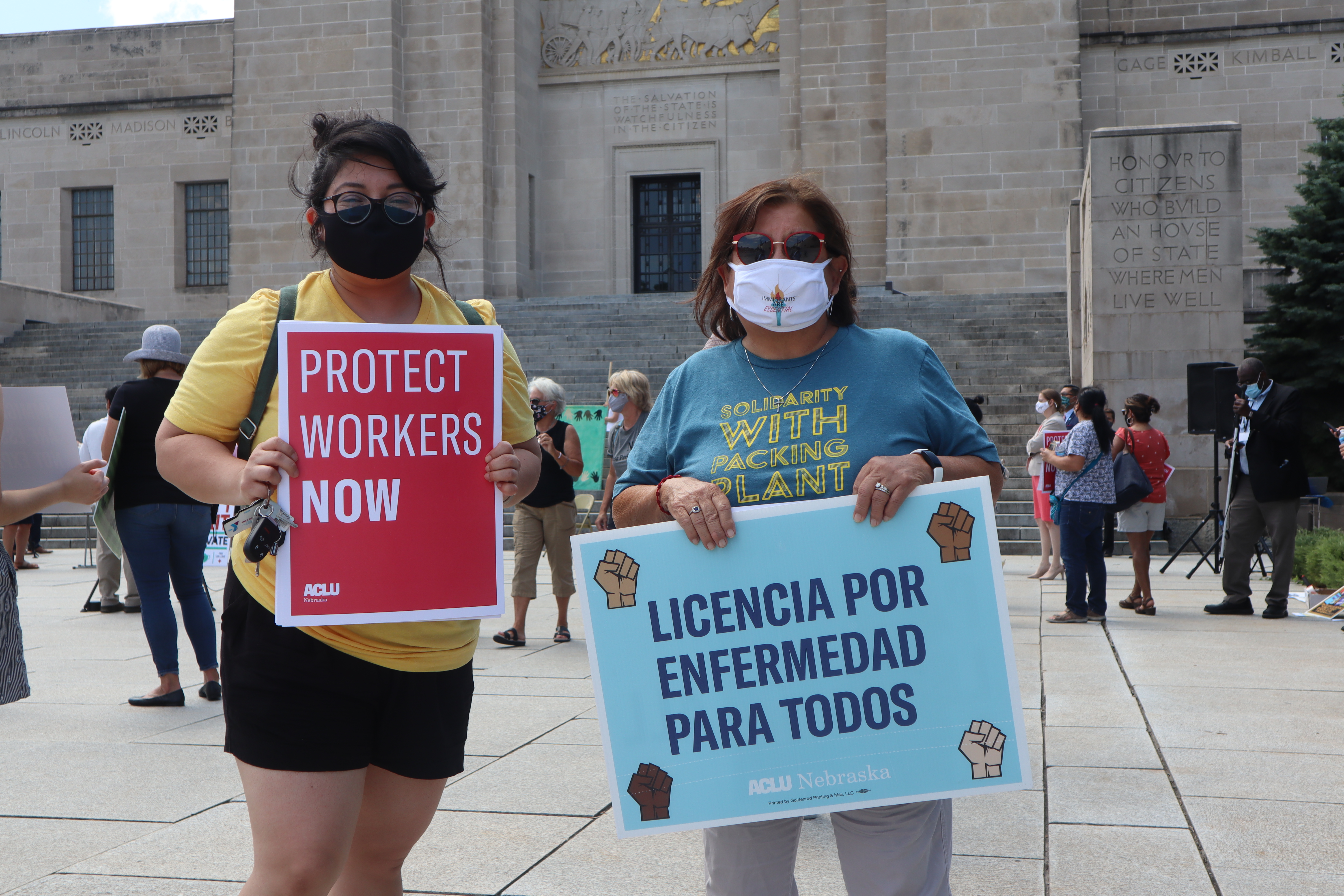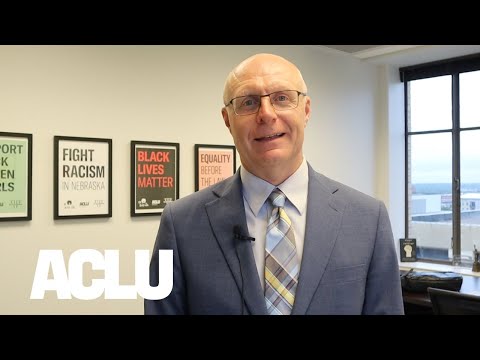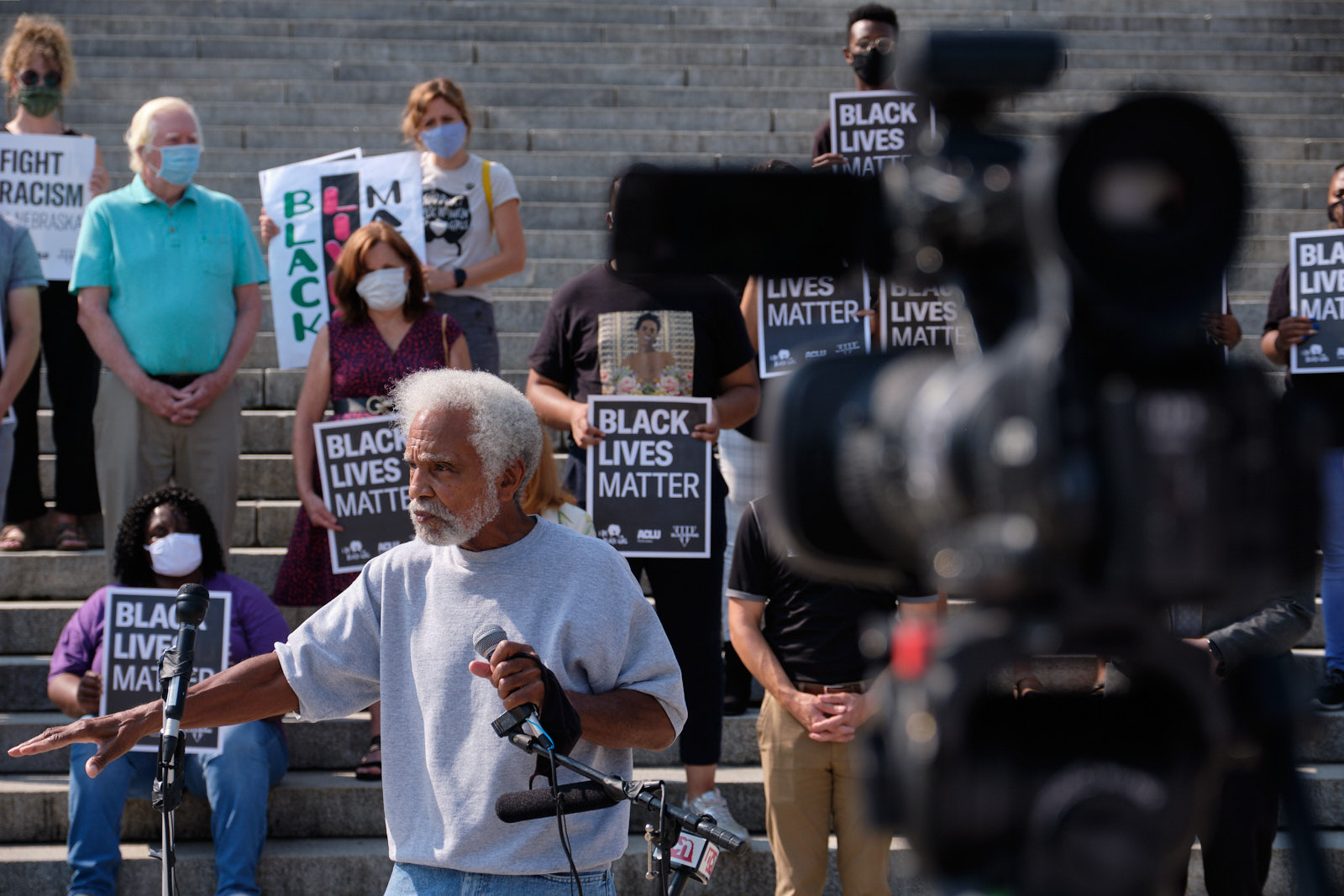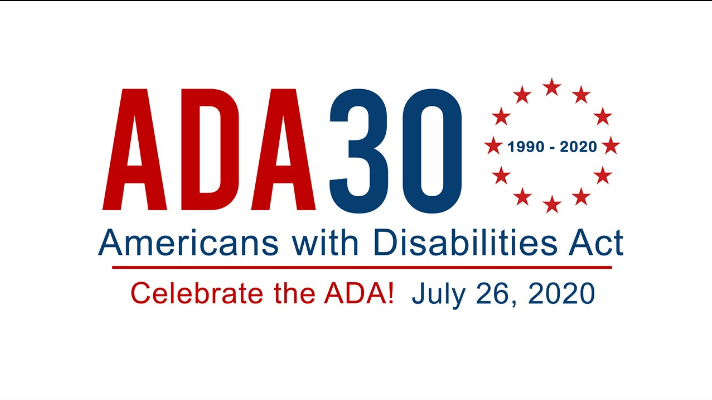On an average year, September 15th kicks off Hispanic Heritage Month with many celebratory festivals which include food, dances, and an overall sharing of our history and culture from Latin America and Spain. This year is different—this year we celebrate our culture through Zoom/Facetime calls to family, cooking up some of our incredibly delicious and savory dishes, listening to and watching Spanish language music and television, and attending socially-distanced get-togethers. And most importantly, we are caring for or mourning many of our family members and neighbors because just like the rest of the country, in Nebraska, Hispanics are one of the race/ethnicities hit the hardest by COVID-19.
In fact, according to the COVID-19 Tracking Project, in no other state are Hispanics more overrepresented among those dying of COVID-19 than in Nebraska. Meaning Hispanics in Nebraska are more likely to die from COVID-19 than in any other state in the country even when we only represent 11% of the population in the state, we represent an underestimate of 60% of the confirmed COVID-19 cases. I say underestimate because at the beginning of the COVID-19 outbreak in Nebraska, non-English speaking Hispanics in our state lacked language accessibility to testing and educational resources to protect themselves and their family. Moreover, some immigrant Hispanics in Nebraska continue to refuse to get tested for COVID-19 for fear of being referred to the Department of Homeland Security’s Immigration Customs and Enforcement (“ICE”) or because they believe they are ineligible or are in fact ineligible for testing and treatment.
Much of this can be changed and the ACLU of Nebraska has been and will continue to advocate for Hispanics during these trying times in every aspect of our work. Here are ways you can honor Hispanic Heritage Month by supporting Hispanics in Nebraska:
Support our meatpacking plant workers.
Though one out of every four confirmed COVID-19 cases in our state is tied to meatpacking plants, local, state and federal officials charged with ensuring the safety of workers have decided against exercising any regulatory or enforcement powers to make conditions safer. We The People must hold these companies, and the public officials who have failed to regulate them, accountable.
- Sign our petition to send a clear message that essential workers deserve essential protections. More than 1,900 Nebraskans have added their names.
- Tell Gov. Ricketts to stop blaming workers and to start standing up to companies by mandating increased protections. Contact information is available online.
- Keep this in the news and keep the pressure up. Write into your local newspaper to share what you think about the current situation and what should be done. We've put together helpful tips for writing a letter to the editor.
Continue the call for legislators to prioritize racial justice.
Along with nineteen other organizations, the ACLU called for the Nebraska Legislature to reconvene for a special session dedicated to police reform and racial justice. Unfortunately, not enough senators signed on to convene the special session, but we aren’t giving up! We must continue to advocate for Nebraskans of color because racial justice is not a partisan or political issue. A safer, freer, fairer, and healthier Nebraska benefits all Nebraskans. Contact your senators to prioritize racial justice and police accountability in January.
End 287(g).
The ACLU of Nebraska with our local Dakota County community partner, Unity in Action, are leading civil rights and law enforcement groups to oppose the 287(g) agreement between the Dakota County Sheriff and the Department of Homeland Security (DHS). These agreements give the local sheriff the authority to enforce federal immigration law outside of their expertise as ICE agents. The sheriff’s officers will be able to commence immigration investigations or choose to begin deportation proceedings for individuals they detain—regardless of the charge. These agreements only lead to increased racial profiling, increased taxes, and diminished public safety. To help stop the Dakota County 287(g) agreement, email Dakota County Sheriff Chris Kleinberg at ckleinberg@dakotacosheriff.com.
Support the Black Lives Matter movement.
We Hispanics come in all skin colors and many of us are Black Hispanics. Therefore, any support you lend to the Black Lives Matter movement also supports Hispanics. The ACLU of Nebraska recently launched a Freedom Fund in support of people calling for racial justice and liberation and are funding direct legal support to Nebraskans who became system-involved during recent protests. Funds are available on a first come, first served basis. For more information on how to request or lend support: https://www.aclunebraska.org/en/freedom-fund
Increasing Hispanic voter turnout.
In 2016, Hispanic Nebraskans had a low voter turnout and were not exercising their right to vote as much as non-Hispanics. In order to achieve equitable policies, laws, and representation, we must vote. Voting is both a fundamental right and a civic duty. Voting is the cornerstone of our democracy and the fundamental right upon which all our civil liberties rest. Your vote matters because you get to vote for candidates who make decisions about your lives, including criminal justice policy, education policy, economic development and important ballot initiatives that often disproportionately impact people of color.
To be eligible to vote in Nebraska:
- Be a U.S. Citizen;
- Live in Nebraska;
- Be 18 years old on or before November 3, 2020;
- Have not have been convicted of treason;
- Have not been convicted of a felony, or if you were convicted of a felony then at least two years must have passed since the completion of your sentence including any parole or probation term; and (see Current and Formerly Incarcerated Nebraskans Voting Rights)
- Have not been found mentally incompetent.
If you are eligible to vote, register to vote here: https://www.nebraska.gov/apps-sos-voter-registration/
Complete the Census.
Probably the easiest and most important way to help Hispanic Nebraskans is ensuring we are counted in the Census. The census is a fundamental pillar of our democracy and our constitutional structure, determining both members of Congress and Electoral College votes for each state. The data also informs our nation’s most important decisions, including how the federal government spends $900 billion on critical services like building roads, funding health care programs, and supporting education. Remember, there will not be a question on citizenship status on the Census and the information collected on the form will not be shared with ICE. The ACLU will be continuously monitoring the use of such data.
Support Hispanic-led Organizations.
Follow them on social media, center and lift them up at every opportunity, volunteer your talents to advance their mission, and donate.
- El Centro de las Americas
- El Museo Latino
- Empowering Families: Empoderando Familias
- Grand Island Latino Network
- Heartland Workers Center
- Latino Center of the Midlands
- Metro Young Latino Professionals Association (MYLPA)
- Nebraska Latino-American Commission
- Solidarity for Packing Plant Workers
- The Trinidad Center
- Unity in Action
Finally, as a proud Hispanic Nebraskan woman, daughter of immigrants and retired meatpacking plant workers, I cannot thank you enough for any and all actions in support of our Hispanic Nebraskans.
Gracias,
Rose Godinez
Date
Monday, September 14, 2020 - 3:00pmFeatured image

ACLU of Nebraska Legal & Policy Counsel Rose Godinez stands next to ACLU of Nebraska Board Member Yolanda Nuncio at a demonstration in support of essential workers.



